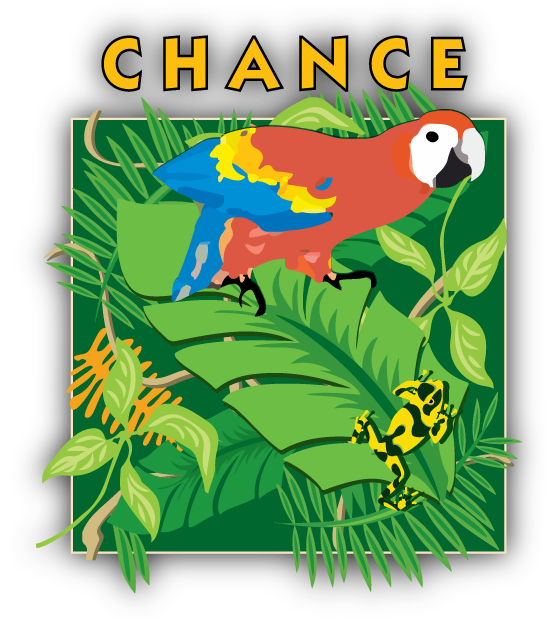Program Description
North Queensland, Australia boasts some of the most diverse and remarkable ecosystems in the southern hemisphere. Participants in this embedded field program will complete pre-trip, online assignments to prepare them for a two-week field practicum. The practicum includes field research; citizen science projects; and service learning with James Cook University (JCU) research faculty and graduate students, field scientists from the Australian Wildlife Conservancy, Queensland Parks and Wildlife Service, as well as the Great Barrier Reef Marine Park Authority. Field work will focus on the conservation biology and sustainability of the Australian Wet Tropics (tropical rainforests), Great Barrier Reef, and the dry sclerophyll forests and open woodlands ecosystems in North Queensland. Some highlights of this program include research with the JCU Turtle Health Research Team on sea and freshwater turtle health and viral outbreaks, participation in the Great Barrier Reef Monitoring Program, a Koala Population Survey Project on Magnetic Island, a Nywaigi Aboriginal culture experience, platypus spotting, and an eco-retreat on the edge of the Outback.
BIOL 296 or 496* (SUST 495)* – Sustainability and Conservation: Citizen Science and Service Learning in Australia (online). During the second eight weeks of the Spring 2018 semester, students will engage in online learning opportunities and lessons designed to develop their pre-field trip knowledge in the following content areas: the field of conservation biology, in general; the biodiversity of the varied terrestrial and aquatic ecosystems in Queensland, Australia; published scientific research behind global climate change and the international policies enacted thus far to ease it; published scientific research on the anthropogenic issues that are causing the loss of biodiversity of the Great Barrier Reef and the scientific work and conservation efforts to restore it; the history, and present-day realities, of the indigenous people of North Queensland; and, the geography, culture, government, educational and environmental policies, and people of Australia.
*Students enrolled in BIOL 496 or SUST 495 are required to carry-out an additional pre-trip research activity on one of the following topics to assist them in their involvement in a select ‘Field Program Evening Reflection and Discussion Session’ chaperoned by CHANCE faculty.
Coral Bleaching: Causes, Consequences, Mitigation and Restoration
Citizen Science: What is it and how does it contribute to the body of scientific knowledge?
Natural History of the Green Sea Turtle
Biogeography: Why are there so many marsupials in Australia?
Biomes and Ecotones: Tropical Wet Forest to Outback. What are they and what effect do they have on species distribution?
Natural History of the Koala
Conservation Biology: NGO’s in Australia working to Protect Biodiversity
Australian National Parks in Queensland, Australia: Their Mission and Outreach Efforts in Conservation
BIOL 296 or 496* (SUST 495)* This two-week field, summer practicum (June 24 – July 9, 2018) will provide real-world, conservation-based research and service-learning experiences – chaperoned by James Cook University (JCU) research faculty and graduate students, and field scientists and/or conservationists from the Australian Wildlife Conservancy, Queensland Parks and Wildlife Service, and the Great Barrier Reef Marine Park Authority – focused on the biodiversity and ecology of the varied terrestrial and aquatic ecosystems in Queensland, Australia. This program travels to stunning national parks, forests, wildlife reserves, coastlines, and islands of North Queensland under the guidance of knowledgeable field professionals, scientists, and university faculty. As participants progress through the program, they will learn how an understanding of how human population, combined with resource-intensive, wasteful consumption and production realities, are putting unsustainable pressure on the natural environment and the services it provides. Key components of this embedded field course include participation in the following authentic, international activities: field research, citizen science projects, service learning activities, scientific data collection, structured field journaling, group reflections and discussion forums, and cultural exchanges and understandings.
*Students enrolled in BIOL 496 or SUST 495 will lead Field Program Evening Reflection and Discussion Sessions chaperoned by CHANCE faculty.


